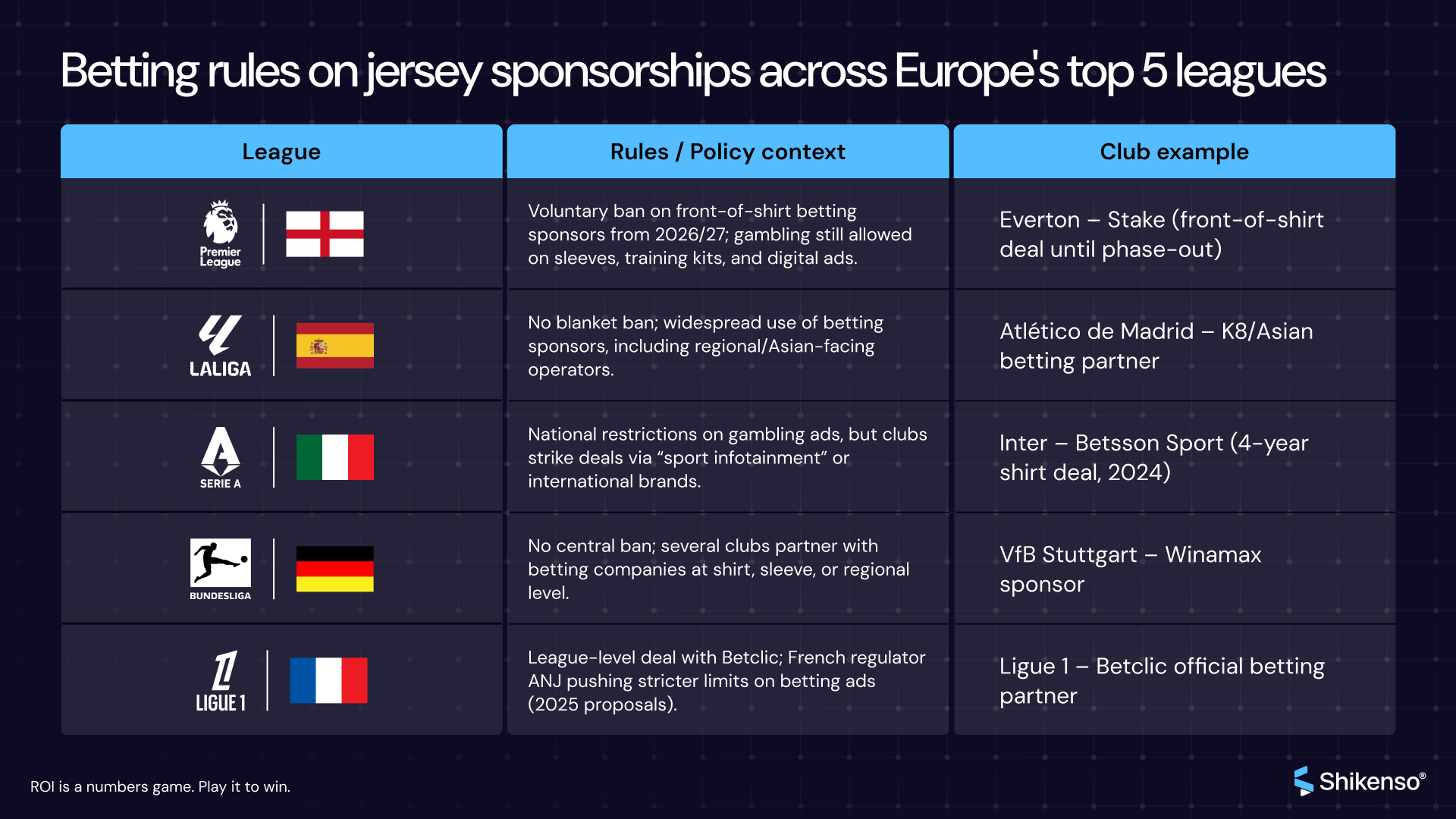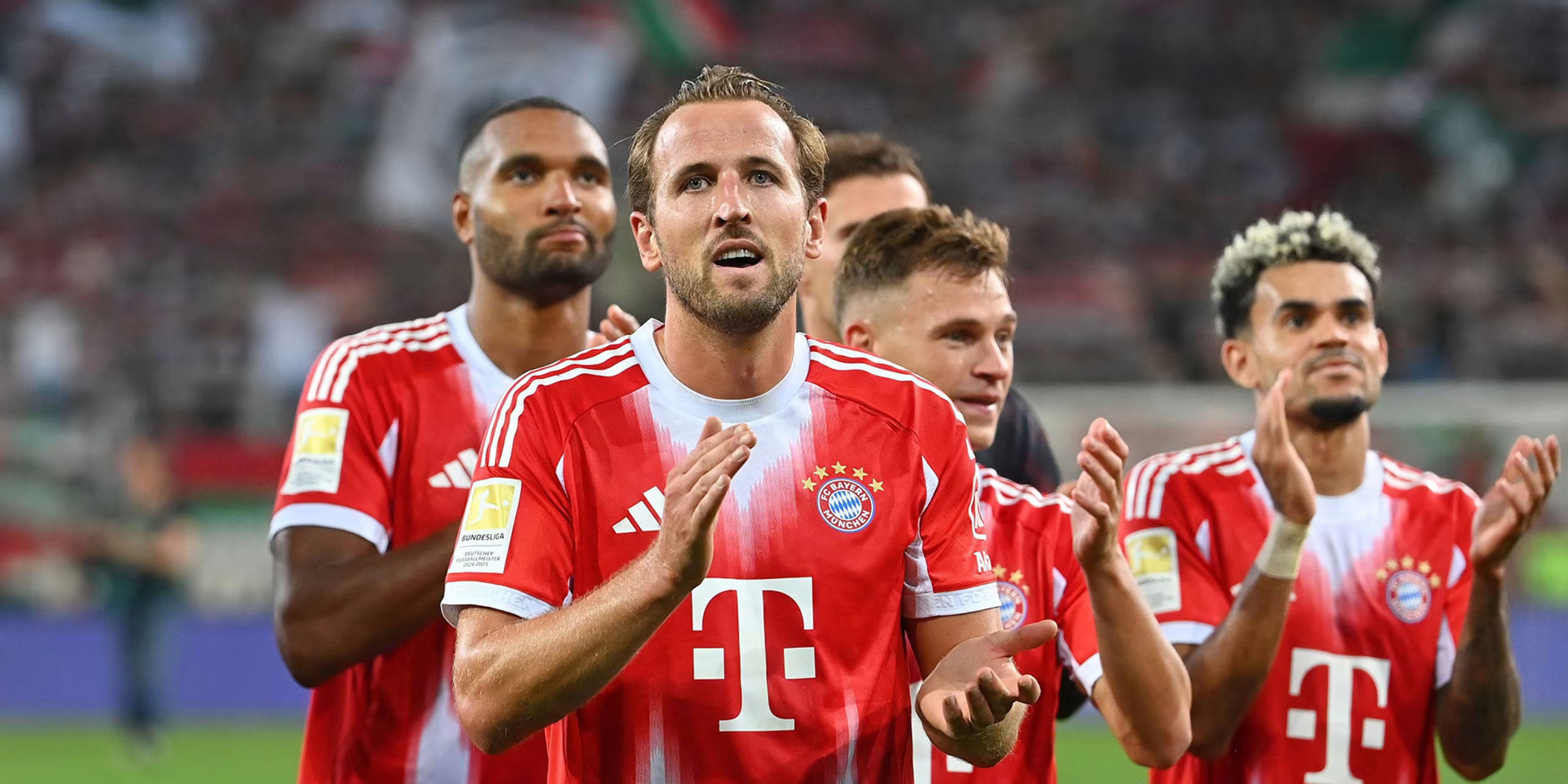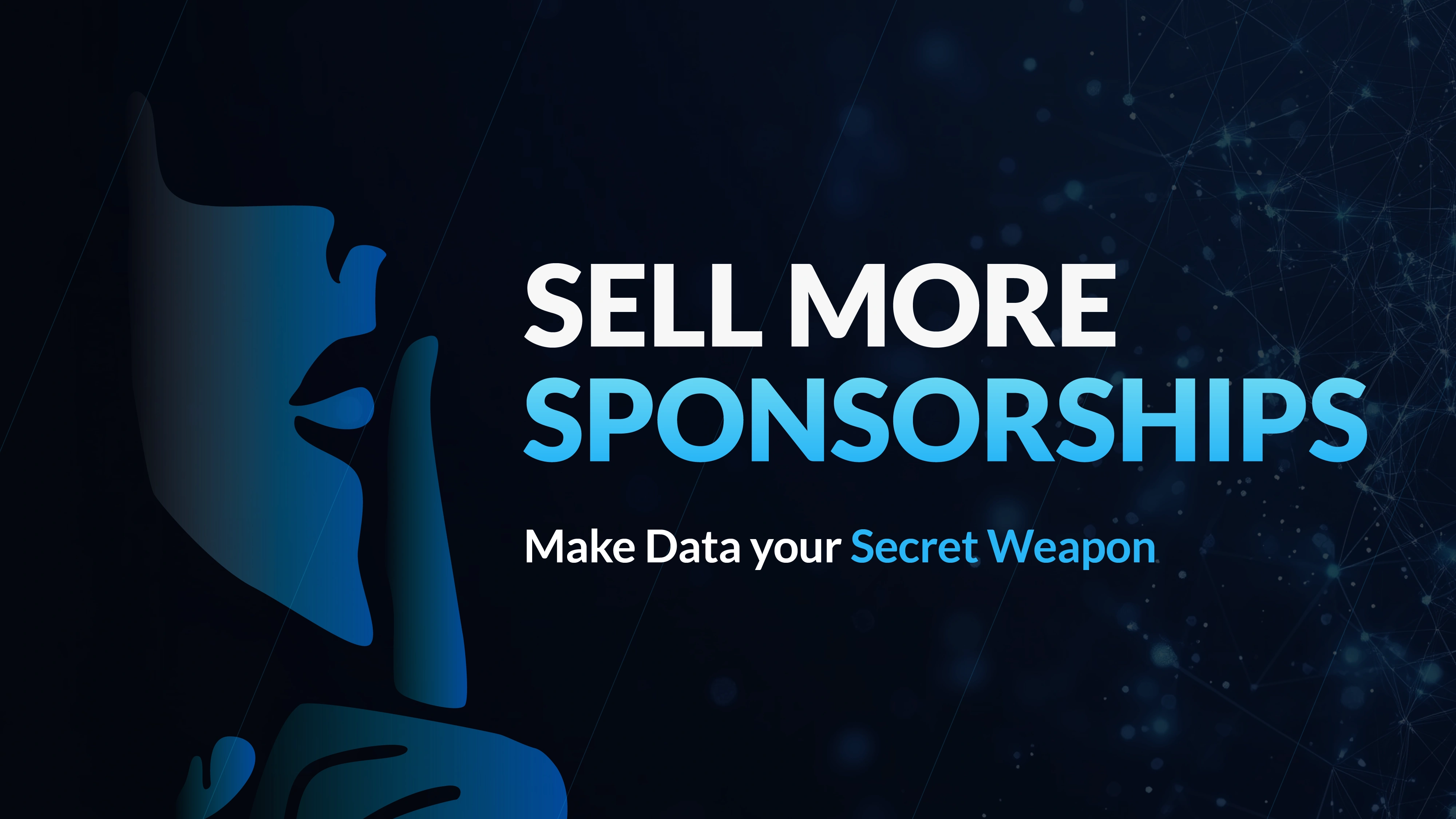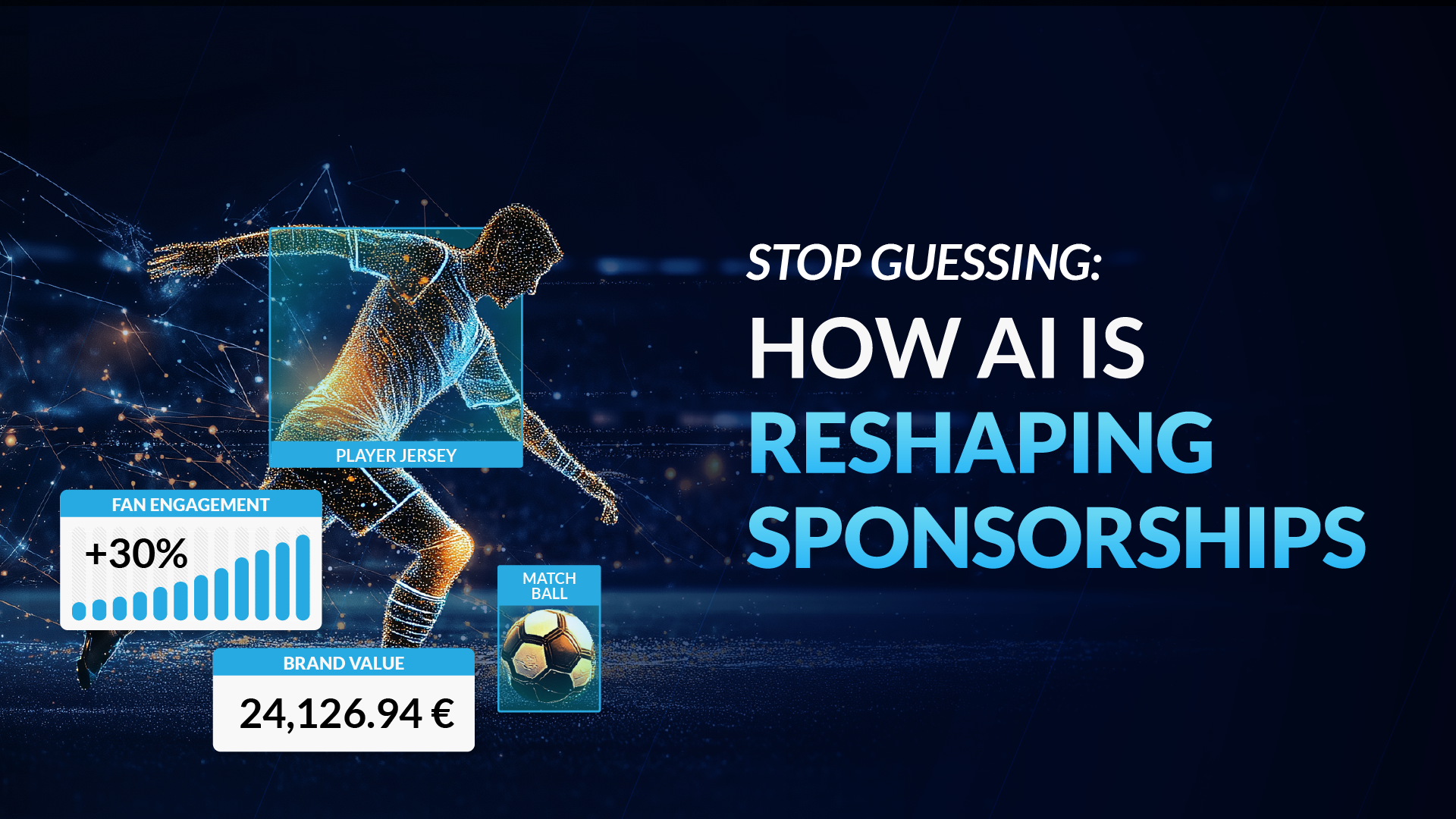Bundesliga clubs waste fewer resources on failed sponsorships than their European counterparts.
That advantage comes from strategy rather than chance.
With €4.4 billion in media rights value and sponsorship deals averaging €7.49 million a year, German football attracts serious investment from brands that expect measurable returns.
Bundesliga sponsors highlight five strategic shifts that distinguish successful partnerships from costly missteps.
Here is what the data reveals about Bundesliga sponsors:
Trend 1: Industry Consolidation Drives Higher ROI
Bundesliga sponsors aren't playing games with scattered investments.
From 15 different industries in 2019/20 to 12 industries in 2022/23, German football demonstrates something most brands still don't get: consolidation creates value.
This isn't a coincidence. Companies that consolidate partnerships see 17% fewer partners per brand despite 3% increased spending. Meanwhile, consolidated portfolios deliver 12% higher ROI than scattered approaches.
The proof is in the pattern amongst Bundesliga sponsors. The insurance industry as a whole consistently maintains 2-3 team partnerships each season. Similarly, the telecommunications sector holds steady with 2 teams year after year.
Why? Because fewer, more strategic partnerships consistently outperform volume-based approaches.
Smart Bundesliga sponsors figured out that focus beats frequency every time.
Trend 2: Measured Regulation Creates Strategic Advantage
Germany takes a different path with gambling sponsorship regulation. Whilst regulatory restrictions tighten across Europe, the Bundestag sports committee rejected a proposed gambling sponsorship ban in May 2024, maintaining controlled access instead of outright prohibition.
Compare this measured approach to the regulatory patchwork across Europe's top leagues:

Only 5.6% of Bundesliga team sponsorship involves gambling, compared to 10.5% in France's Ligue 1.
This approach naturally creates dialogue with supporters. German fan alliance Unsere Kurve, representing over 100,000 members across multiple clubs, advocates for stricter regulation of football's links to sports betting, noting that "problematic gaming behaviour is particularly widespread among football fans".
FC St. Pauli became the first professional club in Germany to reject gambling sponsorships in 2023, foregoing "several hundred thousand euros per year" to maintain competitive integrity.
Germany's advantage emerges from this dynamic itself. The "50 plus 1" rule means fans have majority voting rights in many clubs, creating organic oversight against excessive commercialisation whilst preserving revenue diversification. This reduces partnership risk whilst maintaining sustainable growth.
Smart Bundesliga sponsors understand that balanced regulation creates long-term value over short-term visibility.
Trend 3: Local-First Strategies to Dominate Global Markets
Look at the Bundesliga sponsor map and one pattern jumps out: German companies consistently represent 78-83% of Bundesliga sponsors. While other leagues chase international headlines, German football doubles down on home advantage.
The local focus isn't accidental. Regional partnerships outperform international alternatives because they tap into genuine fan connections. When supporters see familiar brands from their own cities and regions, engagement naturally increases. Brand recall strengthens. Consumer trust deepens.
The progression speaks for itself:
- 2019/20: 78% German companies
- 2022/23: 83% German companies (peak)
- 2025/26: 83% German companies (maintained)
The current 2025/26 season data confirms this trend remains strong:
.png)
15 of 18 clubs partner with German sponsors. Only Vodafone (UK), Indeed.com (USA), and Red Bull (Austria) break the pattern.
This local-first strategy maximises impact through regional relevance rather than international reach. Smart Bundesliga sponsors understand that proximity often trumps prestige when building lasting brand value.
Trend 4: Technology Partnerships Drive Premium Valuations
Technology companies are reshaping Bundesliga sponsorship economics in 2025/26.
Vodafone's five-year deal with Borussia Dortmund worth €30 million annually demonstrates how telecommunications giants leverage 5G capabilities for enhanced fan experiences. The partnership goes beyond traditional sponsorship, creating "joint innovation and technology initiatives" for digital fan experiences.
Raisin's partnership with Union Berlin brings fintech innovation to grassroots football. The Berlin-based digital banking platform chose Union over flashier clubs, recognising authentic fan engagement over pure reach.
At league level, Amazon Web Services serves as the Bundesliga's official technology provider, using machine learning to personalise content for millions of fans globally. The result: 17% longer app sessions and higher video engagement.
Long-term technology partnerships show even greater returns. Deutsche Telekom's relationship with Bayern Munich, which began in 2002, exemplifies how sustained digital innovation compounds value over decades. The partnership delivers measurable benefits for both parties:
- Financial stability for Bayern with €60 million annually, enabling sustained success and strategic investments
- €1.9 billion in additional German revenue generated for Telekom in 2024 alone
- Advanced 5G infrastructure at Allianz Arena creating innovative fan experiences including real-time analytics and AR/VR capabilities

Now extended through 2032, this 30-year partnership demonstrates how technology sponsors benefit from long-term commitment to digital transformation.
Technology sponsors succeed because they deliver measurable fan engagement improvements alongside traditional brand exposure.
Trend 5: Anchor Industries Prove Sponsorship Consistency
Certain sectors never leave the Bundesliga pitch, and there's a reason why.
Insurance, telecommunications, automotive, and energy drinks maintain consistent presence because they understand fundamental sponsorship principles:
Consider the insurance sector, which shows remarkable consistency through deep local partnerships:
- HanseMerkur and Hamburg SV represent a "Hanseatic connection" that evolved from exclusive partnership in 2018 to main sponsorship through 2028, including a 5.07% equity stake acquired in 2023
- Barmenia-Gothaer maintains an unbroken partnership with Bayer Leverkusen since 2016, extending through 2028 and holding naming rights to the Bayer 04 Performance Centre
- WWK Versicherungen demonstrates regional loyalty with FC Augsburg through consistent multi-year agreements
Similarly, automotive demonstrates long-term commitment through strategic integration:
- Volkswagen operates VfL Wolfsburg through complete ownership, reflecting the club's origins as a company sports club for Volkswagen workers since 1945
Meanwhile, Red Bull exemplifies energy drink integration, generating €35 million annually from RB Leipzig whilst maintaining complete ownership control through their unique corporate structure.
These patterns persist because financial services, telecommunications, automotive, and beverage companies consistently lead sponsorship effectiveness across all sports. Rather than chasing sporadic visibility, anchor industries build deeper brand association through focused partnerships that compound value over time.
The Measurement Reality Check
Successful sponsorship requires measurement, not intuition. The Bundesliga sponsors trend demonstrates how data-driven decisions can create sustainable competitive advantages.
Shikenso's sponsorship analytics platform transforms this challenge into competitive advantage. For brands, we provide real-time performance tracking, verifiable metrics, and transparent ROI measurement across TV, social, digital, broadcast, online, print, and streaming platforms.
For sports organisations, we deliver exact sponsor value measurement, streamlined reporting processes, and partnership renewal support through AI-powered detection of visual, audible, and legible brand mentions across all media channels.
This comprehensive measurement capability enables both sides to maximise effectiveness whilst reducing wasted investment.
Smart Sponsors Follow the Data
Bundesliga sponsors reveal strategic principles that work across industries: consolidation drives efficiency, ethics create sustainability, local relevance beats global reach, digital transformation delivers results, and consistency compounds value.
But here's what matters most: success in sponsorship requires following the data, not the headlines.
The brands winning in German football prove that measurement-driven strategies consistently deliver superior results over volume-based approaches.
Because at the end of the day, ROI is a numbers game and the numbers never lie.

Get new insights straight to your inbox
Don’t miss out on the insights that the press and media rave about!






